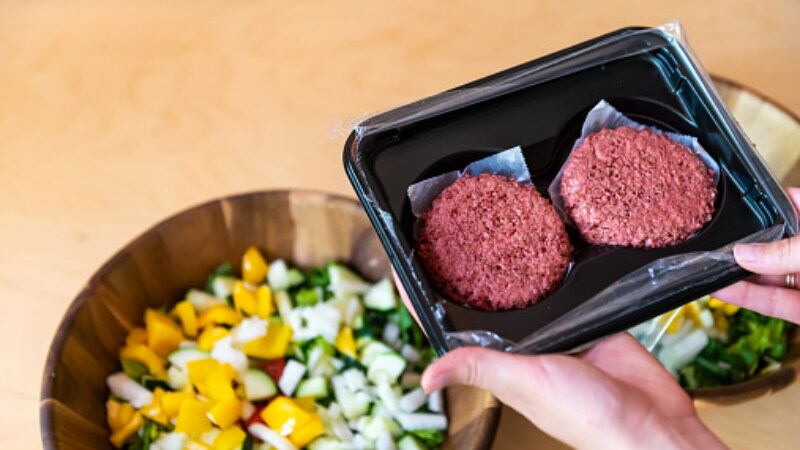APAC and especially Asia is one of the most price-sensitive markets in the world, with consumers here particularly keen on maximising the value obtained from their purchases.
And this attention to costs and price differences has also emerged as one of the most difficult challenges for novel plant-based brands in the market to overcome.
Both large and small brands alike that are dabbling or specializing in manufacturing plant-based products have had to start at a relatively smaller scale. They have also had to invest in additional research and manpower to kickstart these businesses, resulting in their initial products tending to be higher-priced than conventional meat items.
For the price-sensitive Asian consumer, this difference in price alone is a major turn-off especially during times of inflation, and it is well-recognised as a serious bottleneck in the industry when it comes to onboarding new consumers.
As such, some firms have turned to a different method of increasing affordability and value-for-money, which is to look at different product formats, such as ambient dry-form plant-based meat firm Thoughtful Food.
“Making plant-based products accessible is the most important aspect of all when it comes to establishing the industry, as if it is not affordable, it is not accessible to the public and the average consumer,” Thoughtful Food Country Director Karen Lam told FoodNavigator-Asia.
“In our first launch market which is Singapore, a 140g pack of our dry mix product retails for S$15 (US$11.04) – this may look like a small amount at first, but when this dry format product is reconstituted with water and optionally oil, it can give an equivalent output of 500g of plant-based meat.
“This amount is good for a family of three to four, and for better comparison I’d say one pack can be made into five burger patties, which is very affordable [compared to imported options in the market].”
Thoughtful Food dry mixes come in plant-based chicken, prawn, beef and Protein (close to pork) variants, allowing consumers to buy multiple types of meat simultaneously that can be stored with a far longer shelf life than fresh alternatives.
Passing on cost savings eventually
It is not only smaller firms that are finding format innovation to be the best way to keep products affordable – household meat brand Tyson, which launched its First Pride range of plant-based products a couple of years back, also found strong value in sticking to products in a snacking format to find favour with consumers and keep prices economical.
“The plant-based First Pride range has really shown us that our plant-based consumers in Asia are very loyal to a brand they have tried and tested and liked, even more so than our animal product consumers,” Tyson Foods’ APAC VP Commercial Lee Yeong Sheng told us.
“But in addition to make the products taste good, it has become apparent to us that affordability is one of the most important factors in this region to attract and retain them – our early research saw consumers reluctant to try such products due to the high prices, which is why we worked hard to reduce the price gap to no more than 25% to 30% above parity.
“The plant-based First Pride range was a pioneer in establishing the snacking format of plant-based products, as opposed to burger patties or steaks to be eaten in proper meals.
“Sticking to the snacking format has been a good strategy in addition to localized innovation to make things like satay strips and Hainanese chicken cutlets in Malaysia as well as larb in Thailand as [these] have been well-received in each market.
“This has meant better appeal to local consumers, which means lower barrier to entry, and together with the higher consumer loyalty in plant-based consumers, we can grow more quickly in scale so savings can be passed on to consumers and costs can become even more competitive.”
Tyson has launched its plant-based First Pride range in Malaysia, Thailand and Singapore and is looking to consolidate its regional portfolio moving forward before pushing forward with product development and scaling up production.





